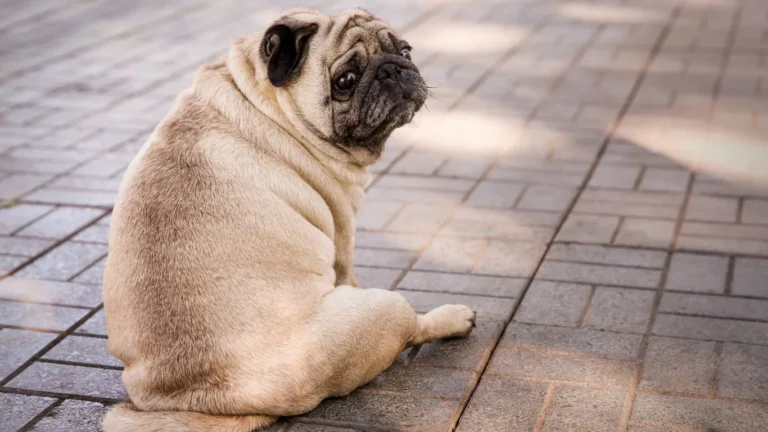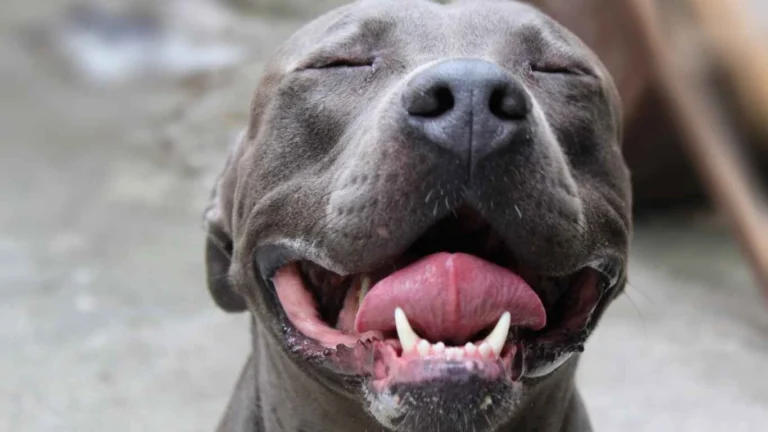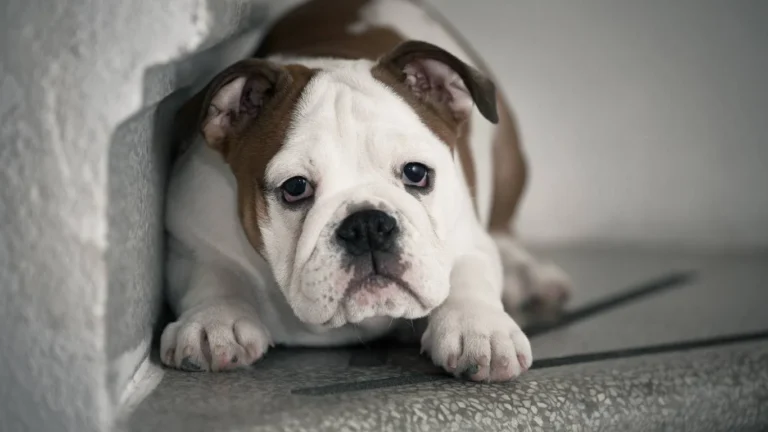What Causes Foul Odor from a Dog’s Ears and How to Fix It Fast
If you’ve ever leaned in to give your furry friend a little ear rub and caught a whiff of something unpleasant, you’re not alone. What causes foul odor from a dog’s ears? is a question I get asked all the time in my work as a Veterinary Assistant with a focus on nutrition and overall pet health. It’s a common concern for pet parents, and understanding the root causes can save your dog a lot of discomfort — and your nose a lot of trouble!
From my years working closely with dogs and their owners, I’ve learned that ear odor isn’t just about hygiene. There’s usually an underlying reason behind that funky smell, and identifying it early can prevent more serious problems down the line. Let’s dive into what’s really going on inside those ears and why sometimes they smell more than just a little funky.
Why Does My Dog’s Ear Smell So Bad?
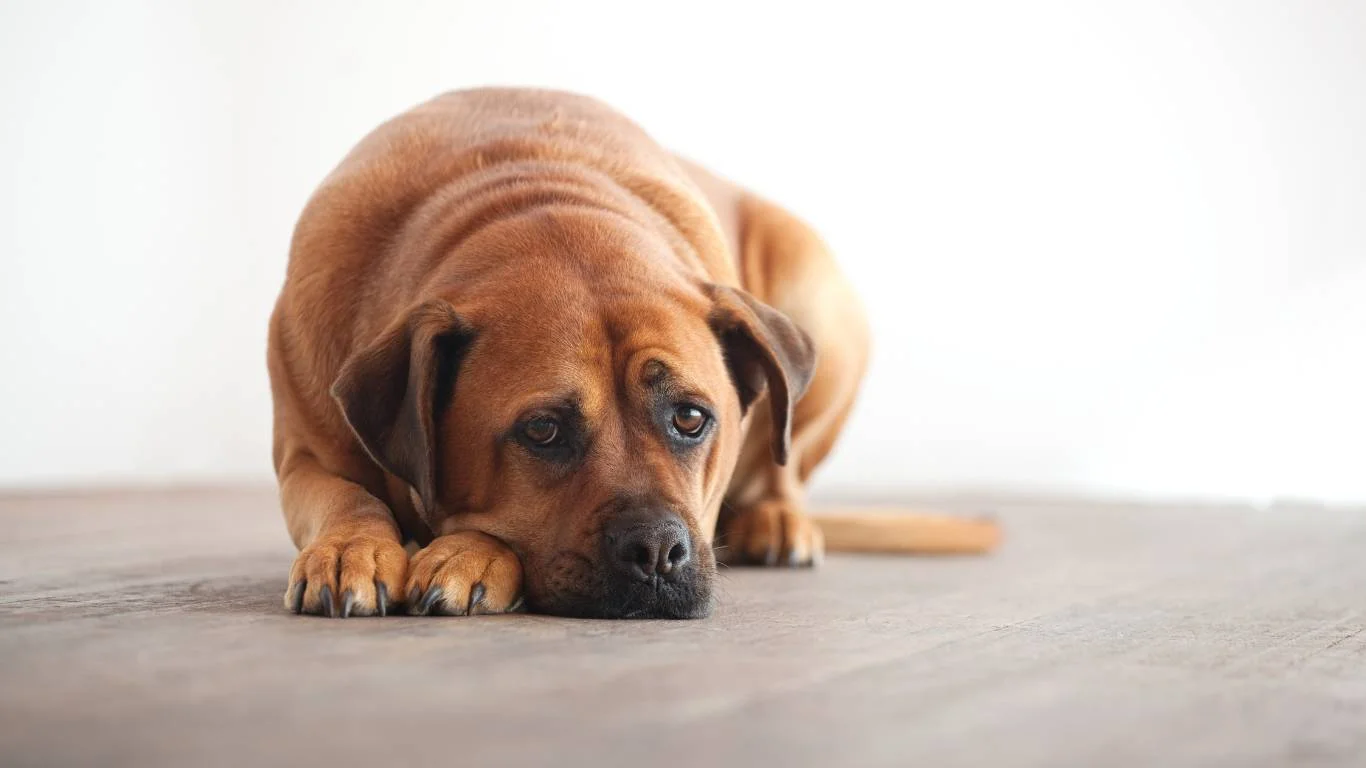
First off, dog ears are naturally warm and moist — basically, the perfect environment for bacteria and yeast to thrive. So, if your pup’s ear starts to smell foul, it’s often a sign that something is off balance in this cozy little space.
Ear Infections: The Usual Suspect
Most of the time, the culprit behind that awful odor is an ear infection. These infections can be caused by bacteria or yeast and usually develop when the ear’s natural defenses are weakened. If your dog is scratching their ears a lot, shaking their head, or if you notice redness and swelling inside the ear, an infection is likely brewing.
In my experience, dogs with floppy ears or those who love swimming are especially prone to ear infections. The flap traps moisture and debris, creating a mini greenhouse for germs to grow. And trust me, once an infection sets in, the smell can go from “meh” to “yikes!” in no time.
Ear Mites: The Tiny Trouble Makers
Another cause of foul odor from a dog’s ears is ear mites — those tiny parasites that love to set up camp in your dog’s ear canal. They’re more common in puppies and outdoor dogs, and while the smell might not be as strong as a full-blown infection, it’s still pretty unpleasant. You might notice your dog scratching or rubbing their ears more than usual, sometimes accompanied by a dark, crumbly discharge.
Allergies: Not Just Skin Deep
Did you know allergies can cause smelly ears too? Allergies — whether from food, pollen, or environmental triggers — can make your dog’s skin and ears inflamed. This inflammation can disrupt the ear’s natural balance and invite infections, which then produce that foul odor.
In my time assisting vets, I’ve seen many cases where resolving an allergy issue has been the key to getting rid of persistent ear odor. Sometimes, it’s not just about cleaning the ears but tackling the root allergy problem.
How Can You Tell If the Smell Means Trouble?

Not every smelly ear is an emergency, but it’s important to know when to seek help. Here are some signs that your dog’s ear odor might mean more than just a little wax buildup:
- Persistent odor that doesn’t go away with gentle cleaning
- Visible redness or swelling inside the ear
- Excessive scratching or head shaking
- Discharge that looks yellow, brown, or black
- Signs of pain or sensitivity when touching the ear
When you notice these symptoms, it’s best to get your dog checked by a veterinarian. Untreated ear infections or infestations can lead to more serious complications like hearing loss or deep tissue damage.
Simple Home Checks You Can Do
While you should avoid poking around too much inside your dog’s ears, here are a few quick things I often recommend to owners for routine checks:
- Look: Gently lift the ear flap and check for redness, swelling, or discharge.
- Smell: A healthy ear has a neutral smell; if you detect a strong foul odor, it’s a red flag.
- Observe behavior: Is your dog scratching or shaking their head more than usual?
How to Safely Clean Your Dog’s Ears at Home
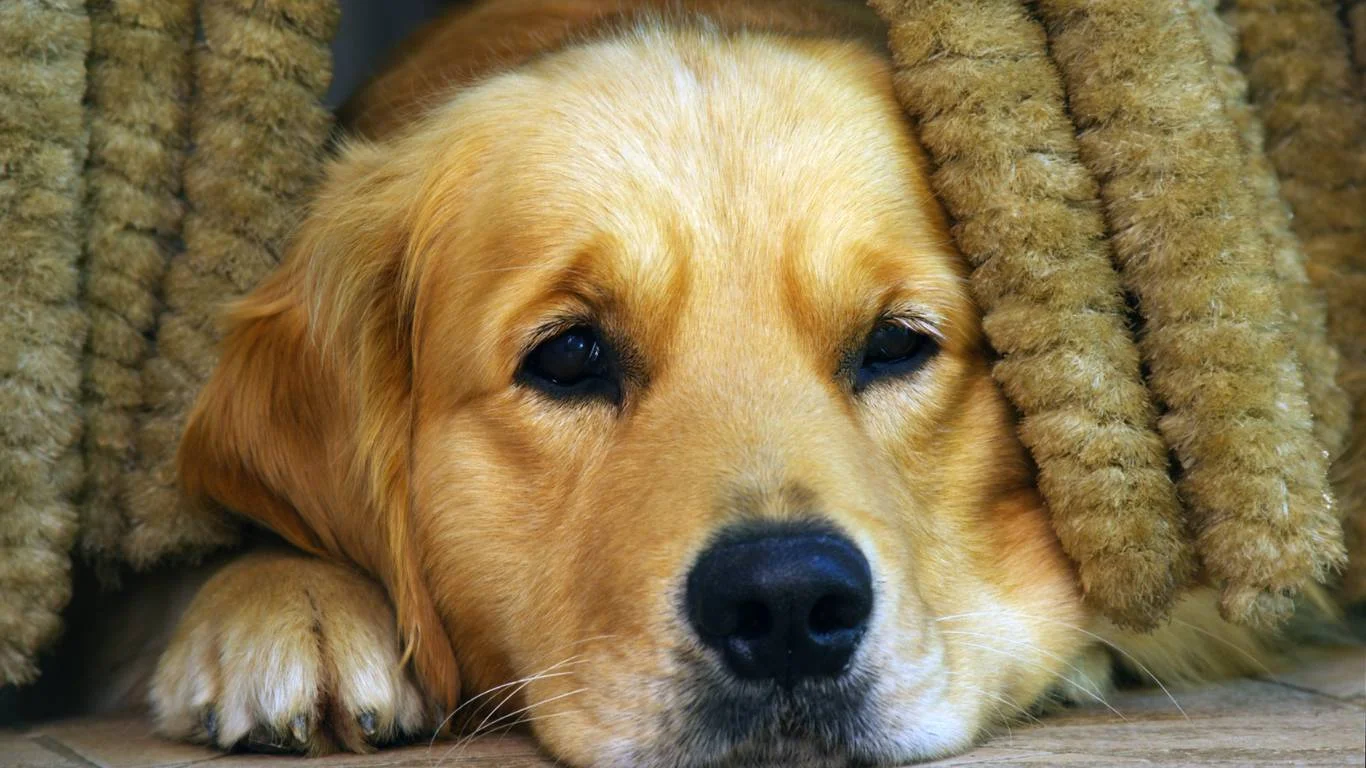
One of the biggest questions I get asked is, “Camellia, how can I clean my dog’s ears without making things worse?” It’s a great question because, honestly, cleaning dog ears can be a bit tricky if you don’t know the right way. From my hands-on experience, I can say that improper cleaning might actually push debris deeper or irritate the skin, making the odor and infection worse.
Here’s a simple, step-by-step guide that I always recommend to dog owners looking to keep their pet’s ears fresh and healthy:
- Choose the right ear cleaner. Ask your vet for a recommendation or pick a gentle, veterinarian-approved solution. Avoid using alcohol or hydrogen peroxide, which can dry out or irritate the ear canal.
- Find a calm spot and keep your dog relaxed. You might want to have some treats handy to reward good behavior — trust me, it makes the whole process easier!
- Apply the cleaner carefully. Gently lift the ear flap and squeeze a few drops of the solution into the ear canal. Don’t insert the bottle tip too deep.
- Massage the base of the ear. This helps distribute the cleaner and loosen any wax or debris inside.
- Let your dog shake their head. It might be messy, but it’s nature’s way of clearing out the loosened gunk.
- Wipe away excess liquid and debris. Use a soft cotton ball or gauze to clean the ear flap and outer ear canal gently. Never use cotton swabs as they can damage the ear.
From my years assisting in veterinary clinics, I’ve seen so many cases improve dramatically after pet parents started regular, gentle ear cleaning. It’s a game changer, especially for dogs prone to infections or with floppy ears.
When to See the Vet for Ear Odor Issues

Sometimes, no matter how much you clean or care for your dog’s ears, the foul odor just won’t go away. That’s when it’s crucial to get a professional opinion. Here are some reasons why you shouldn’t delay a vet visit:
- Persistent or worsening smell despite home cleaning efforts
- Signs of pain or discomfort in your dog, such as pawing at the ear or reluctance to have the ear touched
- Repeated infections that keep coming back after treatment
- Unusual discharge — thick, yellow, green, or bloody
- Changes in behavior like lethargy or loss of appetite linked to ear issues
Veterinarians have specialized tools like otoscopes to look deep into the ear canal and can perform tests to identify whether the problem is bacterial, fungal, parasitic, or something else entirely. In some cases, allergy testing or dietary adjustments might be recommended to address the root cause.
My Experience With Vet-Recommended Treatments
I remember a case where a sweet golden retriever kept coming in with chronic ear infections and a terrible smell. The owner had tried everything at home, but nothing stuck. After a thorough exam and lab tests, the vet prescribed a targeted medication along with a special hypoallergenic diet. Within weeks, the smell was gone, and the dog’s ears looked healthy for the first time in months. That’s why I always encourage owners to trust the professionals — sometimes the solution is more than just surface-level cleaning.
Nutrition’s Role in Ear Health
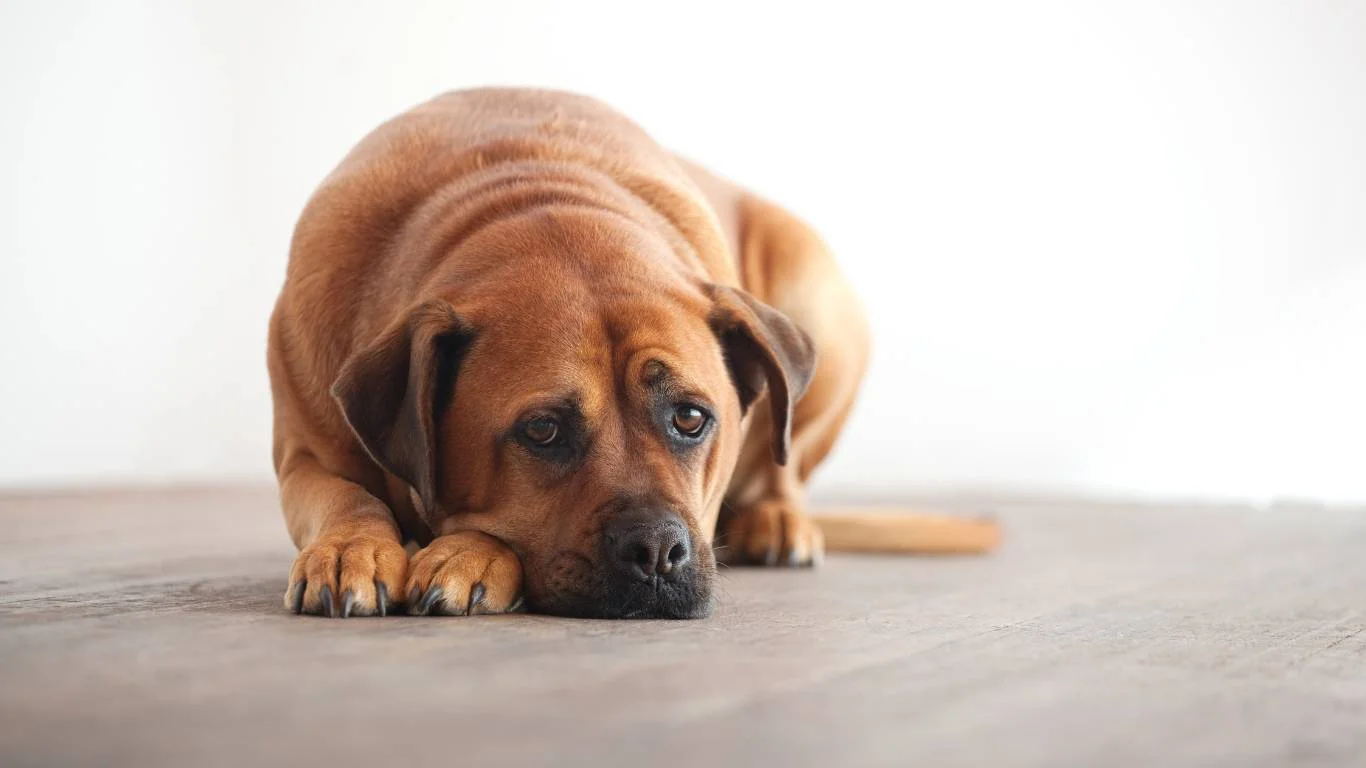
You might be surprised to learn that what your dog eats can have a big impact on their ear health and odor. As a Veterinary Assistant focusing on nutrition, I’ve seen firsthand how dietary improvements can reduce inflammation and improve the immune system — two key factors in preventing ear problems.
Here’s how nutrition ties into the whole “dog ear odor” picture:
Inflammation and Allergies
Food allergies or sensitivities are often behind chronic ear inflammation. Common triggers include beef, dairy, wheat, and chicken, but every dog is unique. When the immune system reacts to these allergens, it can cause skin and ear inflammation, creating the perfect storm for infections and foul odor.
Immune Support Through Diet
A balanced diet rich in omega-3 fatty acids, antioxidants, and high-quality proteins can support your dog’s immune system and help keep infections at bay. From my experience, dogs who eat well tend to have stronger resistance against recurring ear infections and less odor overall.
Probiotics and Gut Health
Another angle I always mention is gut health. A healthy gut microbiome can influence the immune system positively, reducing the risk of allergies and infections. Incorporating probiotics — either through diet or supplements recommended by your vet — might just be the extra step your dog needs for happier, cleaner ears.
Preventing Foul Odor from Your Dog’s Ears: Tips That Really Work

After working with so many dogs and their families, one thing’s clear: prevention is always better than a cure. If you’re wondering how to keep your dog’s ears smelling fresh and healthy, the good news is there are plenty of simple, effective steps you can take. These have worked wonders not only for the pets I’ve cared for but also for my own furry friends.
Routine Ear Checks and Cleaning
One of the best habits to develop is making ear checks part of your regular grooming routine. Just a quick peek inside the ear flap once a week can help you catch any early signs of trouble before they turn into a stinky mess. Use the gentle cleaning steps we talked about earlier, and never force anything inside the ear canal.
Consistency here is key. In my experience, owners who stay on top of ear care often avoid those dreaded infections that cause odor. It’s all about keeping the ear environment balanced and comfortable for your dog.
Keep Your Dog Dry and Clean
Moisture is a major player when it comes to ear problems. After baths, swimming sessions, or rainy walks, make sure to dry your dog’s ears thoroughly but gently. I always recommend using a soft towel or a pet-safe drying wipe — avoid cotton swabs or anything that might damage the delicate skin inside.
Floppy-eared breeds especially benefit from having their ears aired out regularly. I’ve seen so many dogs’ ear health improve dramatically simply by keeping the ears dry and clean.
Watch Out for Allergies
As mentioned before, allergies can sneak up and cause persistent ear odor issues. If you notice other signs like itchy skin, redness, or digestive upset, chat with your vet about allergy testing or dietary changes. From my time assisting with allergy management, I can say that treating the root allergy often brings relief to those smelly ears.
When Foul Odor Signals a More Serious Issue
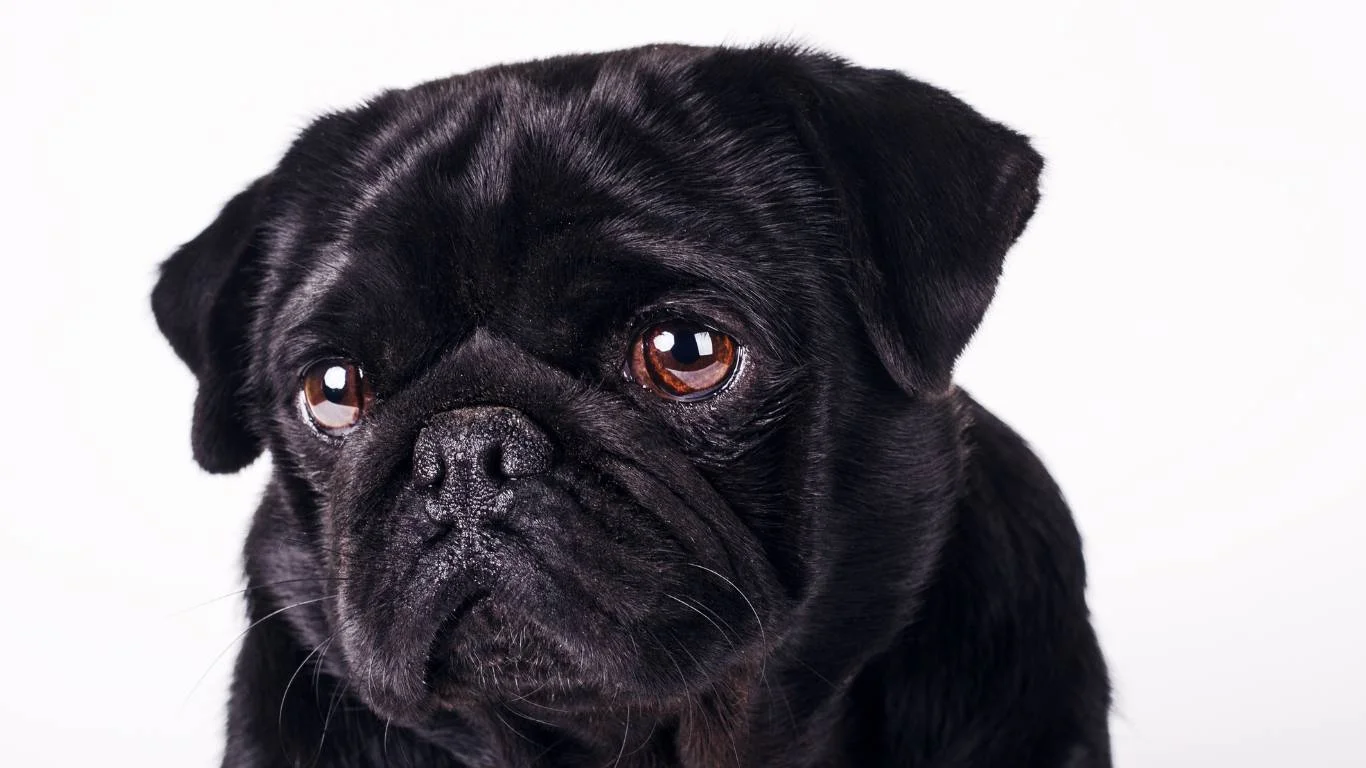
Not all ear odors are created equal. Sometimes, the smell can be a sign of a more serious underlying condition that needs veterinary care beyond ear infections or mites.
Polyps, Tumors, and Growths
Occasionally, growths inside the ear canal can cause persistent odor and discomfort. These might include polyps or tumors, which need to be evaluated and treated by a vet promptly. While these cases are less common, I’ve encountered a few during my years in veterinary clinics, and early diagnosis makes all the difference.
Chronic or Deep Infections
When infections become chronic, they can reach deeper layers of the ear and cause thick discharge and a really strong smell. These often require more intensive treatments like prescription medications or even specialized ear cleaning under sedation. If your dog’s ear odor doesn’t improve with initial treatment, don’t hesitate to ask your vet about advanced options.
Underlying Systemic Issues
Sometimes, persistent ear problems can be a sign of an overall health issue such as hormonal imbalances or autoimmune diseases. It’s rare, but if your vet suspects this, they may recommend blood work or other tests to get to the root cause. My advice? Always keep your vet in the loop with any changes in your dog’s health to catch these less obvious conditions early.
References
Disclaimer
The information provided in this article is based on my personal experience as a Veterinary Assistant with a focus on nutrition, as well as generally accepted veterinary knowledge. It is intended for educational purposes and should not replace professional veterinary advice. If your dog is experiencing persistent foul odor from the ears or any other health concerns, please consult a qualified veterinarian promptly for diagnosis and treatment.

